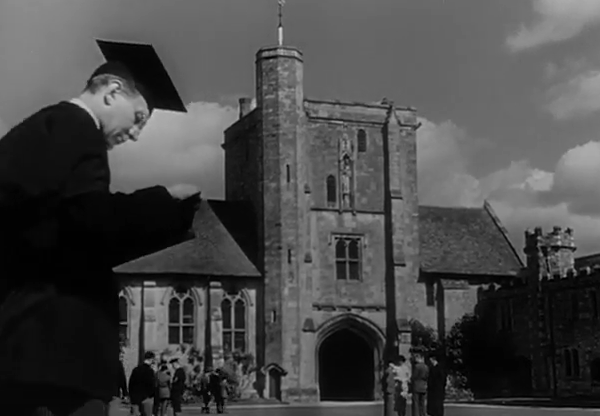
Frosty wind made moan.
It’s unusual for me simply to follow a stream of consciousness, since it rarely makes for interesting reading. However, it’s snowing, so perhaps I might be allowed a little self-indulgence in light of a changed, almost forbidding external landscape which encourages a paradigm shift in one’s outlook. I found myself slipping under the silent snow-shroud into a small, parallel world. My baby Taylor is always to hand these days – it encourages me to play, to practise, to work out novel little riffs because its three-quarter size makes it very forgiving. I looked out over the cold whiteness – an almost unfamiliar landscape, and picked out the first few bars of ‘In the Bleak Midwinter’, Christina Rosetti’s incomparable Christmas masterpiece, the bright strings ringing into the snowscape like a suzumushi bell. Meandering further into the romantic poets one cannot fail but to catch something of Rosetti’s contemporary, the morphine-vivid work of Elizabeth Barrett Browning – who was, interestingly, disinherited by her father for marrying the poet and classical scholar Robert Browning – so at least we have this in common. From here, to a film. Two films, in fact, the first from 1951 the second, 1994. It’s rare for me to comment on two separate incarnations of the same film, since each has their own rhyme and metre, YouTube has them both and they make for interesting comparisons. Both won prizes. Terence Rattigan’s stage play ’The Browning Version’ first starred the incomparable Michael Redgrave – Rattigan himself wrote the screenplay – then later Albert Finney. In fact, four additional TV incarnations followed the original.
The plotline is quite beautiful. Andrew Crocker-Harris – thought to have been based on Rattigan’s own teacher at Harrow – is a crusty, ageing classics master at an English public school who is forced into retirement on the pretext of ill-health. In reality, he has become an embarrassing encumbrance, a veteran of a bygone age, an awkward, difficult hanger-on in a place that has abandoned him and moved on, discarding him like flotsam on the beach. Originally a brilliant scholar, his life had, it would seem, been wasted cramming Latin and Greek down the throats of generations of unwilling students. The film, in common with the original stage play follows the schoolmaster’s final few days in his post, as he comes to terms with his sense of failure as a teacher, a sense of helplessness and impotence exacerbated by his wife’s infidelity with a much younger man and the realization that he is despised by both pupils and staff of the school. He was colloquially known as the Himmler of the Lower Fifth because of his unbending humourless discipline and total lack of understanding for the emotional wellbeing of his students.

One or two might recognise this…
The turning-point for the cold Crocker-Harris is when Taplow, a quiet, sensitive pupil sees behind the iron-clad facade to the lonely old man beneath. He buys his teacher an unexpected parting gift, Robert Browning’s translation of the Agamemnon, which he has inscribed with the Greek phrase that translates as “God from afar looks graciously upon a gentle master.” The irony of this, the first play in Aeschylus’ Oresteia, includes the theme of a faithless wife who plots to murder her husband – a subtlety almost certainly not lost on Rattigan. Crocker-Harris is moved to tears.
Leaving teaching, perhaps for good, perhaps not quite yet, leaves a feeling of emptiness, a hole where something once belonged and has been curiously, inexplicably misplaced. It’s inevitable to look back, more in regret than anger, to one’s own career, remembering who one was able to influence and who simply passed through like an idle wind. No, I was no Andrew Crocker-Harris, fortunately, and needed no kindly student to break into the carapace of loneliness that surrounded him. I have memories golden with age and bright with recollection. My students still think of me and what could be more encouraging as the pages turn and life moves inexorably forward, to have this as the bedrock of remembrance.
Thank you for this lines. The day when I will leave teaching is coming one day. I am not sure that I will have emptiness in my heart and soul. But memories will be always with me
LikeLiked by 1 person
Emptiness? Perhaps not. But memory, for sure.
LikeLiked by 1 person
The soldier, having spent his time on the wall dutifully , saluted his replacement and exited his post when properly relieved. Neither happy nor said, he was only satisfied that he had done his duty.
LikeLiked by 1 person
Your picture appears to be the gatehouse at Sherborne School, a place where a classic film, Goodbye Mr Chips, about teaching was once made.
Your philosophical airing of what it is to be a teacher at the end of their career does resonate with me.
However there is more to life than teaching and the skills honed over the years can be well used in other activities, provided one can find them. Look to your interests and they will stand out.
LikeLiked by 1 person